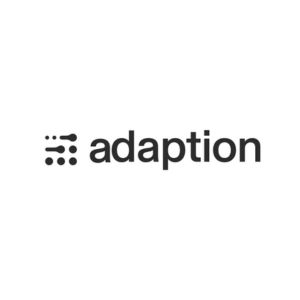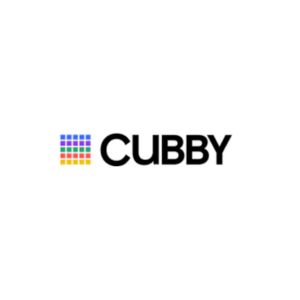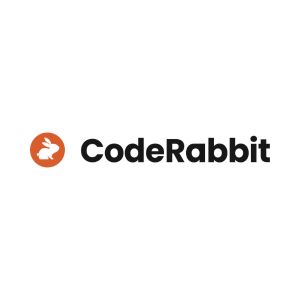Startups & Business News
Runloop’s $7M Leap: Accelerating AI Coding Agents from Lab to Enterprise Reality
KEY POINTS
Runloop secured $7 million in seed funding, led by The General Partnership, to accelerate AI coding agent infrastructure.
The platform addresses the critical “production gap”—enabling companies to deploy, test, and manage AI coding agents up to six months faster.
Runloop Devboxes and public benchmarking tools provide secure, scalable, and standardized environments for agent development and evaluation.
Early adopters, from startups to research labs, report over 200% revenue growth and major reductions in go-to-market timelines since adopting Runloop’s platform.

The race to operationalize AI coding agents just reached a pivotal milestone. Runloop, the San Francisco-based infrastructure startup led by seasoned talent from Scale AI, Google, and Stripe, has raised $7 million in seed funding. The round was led by The General Partnership and Blank Ventures, and it’s set to transform how companies bridge the “production gap” that so often stymies AI software innovation.
“AI coding agents are the future but they need developer tools that are distinct from those of human developers. Providing that richly tooled environment along with the evaluation mechanisms required for effective deployment is Runloop’s mission…We help AI coding agents get into production in a fraction of the time.”
-Jonathan Wall, co-founder and CEO of Runloop
The Production Gap—A Hidden Hurdle for AI Builders
AI coding agents, capable of autonomously writing, debugging, and testing software, have moved from the realm of novelty to necessity. But while most developers have experimented with these agents, getting them out of prototype “demo” mode and into production systems has been a multi-month ordeal. Why? Because reliably scaling, evaluating, and managing AI agents at an enterprise level is staggeringly complex.
This is where Runloop’s enterprise-grade infrastructure becomes a game changer. CEO Jonathan Wall—an industry veteran with stints launching Google Wallet and co-founding Index (acquired by Stripe)—envisions a future where every enterprise developer will collaborate with several AI agents. But Wall knows that agents only become truly valuable when they can be safely and efficiently deployed, tested, and iterated upon in secure, production-grade environments.
Devboxes, Sandboxes, and Benchmarks—The Tools for Tomorrow’s Developers
At the heart of Runloop’s platform are Runloop Devboxes—cloud-based, isolated environments purpose-built for coding agents. These devboxes provide agents with full access to build tools, file systems, API access, and more, all within regulatory-compliant sandboxes. Developers can rapidly spin up thousands of these temporary “workbenches” to test, evaluate, and deploy their AI models—all without disturbing core production systems.
Runloop’s Public Benchmarks feature means organizations don’t just trust their agents; they verify them. Performance can be measured against industry standards, aiding both internal improvement and external demonstration of quality. Dev teams can now standardize their development process, reduce setup times, and collaborate more efficiently by using snapshots and blueprints for environment state management.
Impact for Early Adopters
Early customers, from high-growth startups to major AI research labs, are already seeing radical results. Dan Robinson, CEO of Detail.dev, touts Runloop’s impact on go-to-market speed: “Instead of burning months building infrastructure, we’ve been able to focus on creating agents that crush tech debt. Runloop compressed our go-to-market timeline by six months.”
With a team now standing at 12 and growing, Runloop’s momentum suggests a bright—and competitive—future. The company’s rapid revenue growth (over 200% since March) underscores how pressing the need is for robust infrastructure as AI coding tools race toward mainstream adoption.
The Road Ahead: Specialized AI Agents at Scale
As the market for AI coding platforms rockets toward a projected $30 billion by 2032, domain-specific agents are just around the corner. Today, most teams tackle the same hurdles—environment setup, compliance, scale—but tomorrow, as Wall predicts, we’ll see agents honed for specialized tasks like security testing, database optimization, and more.
Runloop’s approach isn’t just to provide infrastructure. It’s about enabling agile, secure, and scalable AI agent deployment so that developers can shift from maintenance and DevOps headaches to the creative, high-impact work of shipping better products faster.
The future of software development will be deeply collaborative—and not just between humans, but between humans and autonomous AI agents. Runloop’s newest round isn’t just a bet on infrastructure; it’s a glimpse at a future where developer workflows are continually amplified by intelligent, adaptable code companions.

futureTEKnow
Editorial Team
futureTEKnow is a leading source for Technology, Startups, and Business News, spotlighting the most innovative companies and breakthrough trends in emerging tech sectors like Artificial Intelligence (AI), Robotics, and the Space Industry.
Discover the companies and startups shaping tomorrow — explore the future of technology today.
Most Popular
Trending Companies
Latest Articles
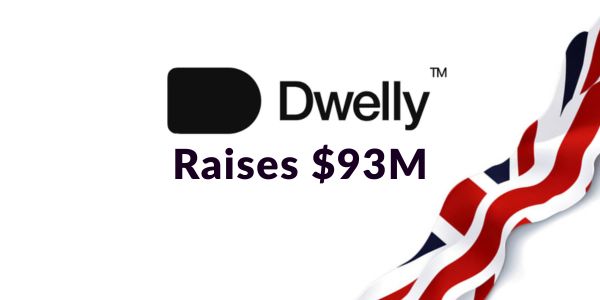
Dwelly Raises $93M to Supercharge AI-Powered UK Rentals Roll-Up
London startup Dwelly just landed $93M to snap up UK rental agencies and inject AI smarts. Founders from Uber and

Encord Raises $60M Series C: Fueling Physical AI Data Wave
Encord just landed $60M in Series C funding to supercharge data tools for physical AI. Founders Eric Landau and Ulrik

Foodforecast Raises €8M Series A to Slash Ultra-Fresh Food Waste with AI
Foodforecast, a Cologne AI foodtech firm, just scored €8M in Series A funding led by SHIFT Invest. Their tools predict

AI-Driven Operational Excellence: How Leaders Scale Ownership, Discipline, and Continuous Improvement in 2026
In 2026, AI scales operational excellence fundamentals—clear ownership, disciplined execution, and continuous improvement—letting leaders focus on outcomes while systems handle

VoiceLine raises €10M to scale voice AI for enterprise frontline teams
Munich-based VoiceLine has closed a €10M Series A round to grow its voice AI platform for frontline sales and service

AI-Driven Logistics & Distribution Transformation: From Insight to Scalable Impact
AI is redefining logistics transformation—from network design to real-time execution. This article explores how data-driven insight, intelligent automation, and scalable
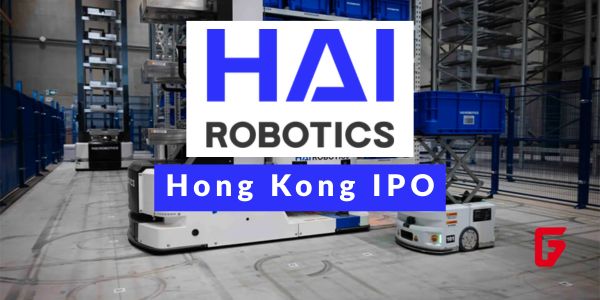
Hai Robotics Hong Kong IPO: From Startup Funding to Warehouse Robot Leader
Shenzhen’s Hai Robotics, pioneer in ACR warehouse robots, files for HK IPO after raising over $500M in funding rounds led

AI-Enabled Process Engineering & Continuous Improvement: Designing Systems That Learn
Explore how AI transforms process engineering and continuous improvement into self-learning systems. This article explains how organizations can design operations
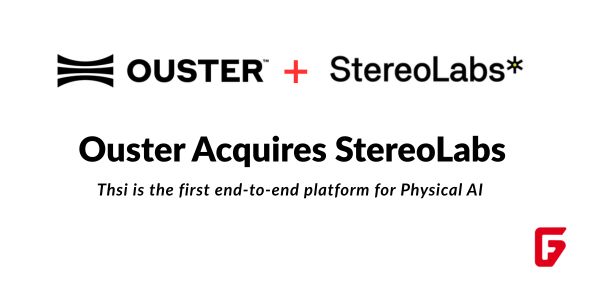
Ouster Acquires StereoLabs: Unified Physical AI Sensing Platform Launches
Ouster’s $35M StereoLabs acquisition fuses lidar and ZED cameras into end-to-end Physical AI sensing. Founders Cecile Schmollgruber and team drive

Bretton AI Lands $75M Series B Funding to Scale AI Agents for Financial Crime and AML/KYC Compliance
Bretton AI’s $75M Series B modernizes AML KYC compliance via AI agents, slashing staffing costs for banks and fintechs like

Axiom Space Raises $350M to Build Commercial Space Station and NASA Spacesuits
Axiom Space has locked in a fresh $350M raise to push its commercial space station and NASA lunar spacesuits toward

Santé Raises $7.6M Seed: AI Fintech Revolution for Wine and Liquor Retail
New York startup Santé secures $7.6M seed to build AI-powered POS for liquor stores, tackling regs & inventory woes after
futureTEKnow is focused on identifying and promoting creators, disruptors and innovators, and serving as a vital resource for those interested in the latest advancements in technology.
© 2026 All Rights Reserved.
![Discover the top 10 AI companies in Germany [1st Edition], revolutionizing industries with cutting-edge technology and innovations.](https://futureteknow.com/wp-content/uploads/2025/02/Top-10-AI-Companies-in-Germany-Leading-the-Tech-Revolution-futureTEKnow.jpg)


